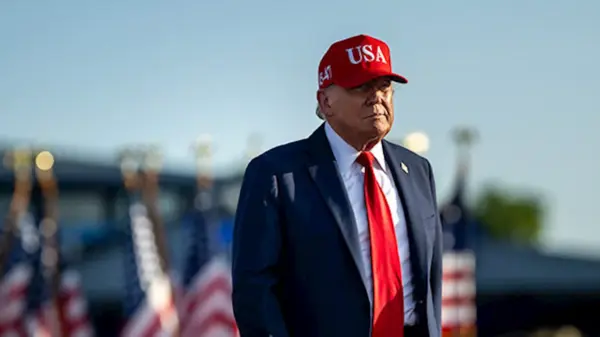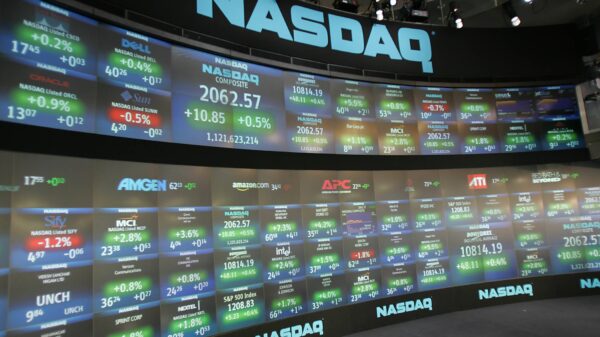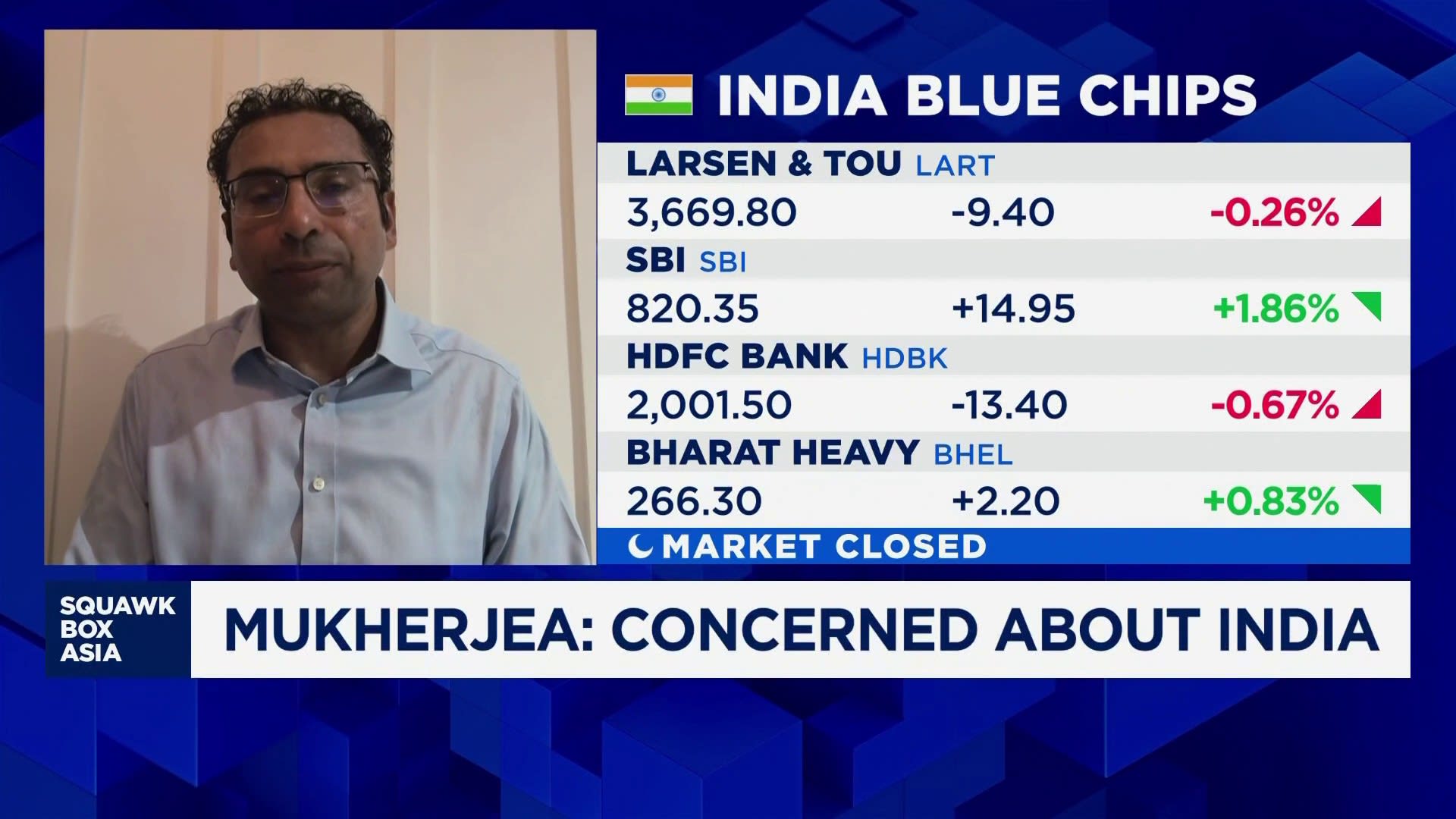India’s financial markets are currently navigating a challenging landscape, marked by a slowdown in corporate earnings and persistently high valuations. Saurabh Mukherjea, Founder and Chief Investment Officer of Marcellus Investment Managers, has emphasized the potential for a strategic shift towards high-quality large-cap stocks in the coming months. His insights come at a critical time as investors weigh the implications of a yet-to-be-finalized trade agreement between the United States and India.
The absence of this trade deal could have significant repercussions, potentially triggering a major correction in both the stock market and the Indian rupee. Mukherjea’s analysis underscores the delicate balance that India’s economy must maintain to avoid further instability.
Current Market Dynamics
India’s market vulnerability is largely attributed to a combination of factors, including tepid earnings growth and lofty stock valuations. Despite a global economic recovery post-pandemic, Indian companies have struggled to translate macroeconomic improvements into robust earnings. This slowdown has raised concerns among investors about the sustainability of current market levels.
According to Mukherjea, the focus on high-quality large-cap stocks could provide a buffer against potential market volatility. These companies, often characterized by strong balance sheets and stable cash flows, may offer a safer haven for investors seeking to mitigate risk.
The Role of U.S.-India Trade Relations
The potential trade agreement between the U.S. and India is seen as a pivotal factor in shaping the country’s economic trajectory. A successful deal could bolster investor confidence, providing a much-needed boost to both trade and investment flows. Conversely, the absence of such an agreement might exacerbate existing market pressures.
India’s trade relations with the U.S. have historically been a cornerstone of its economic strategy. The two countries have shared a robust trade partnership, with bilateral trade reaching $146 billion in 2019. However, recent geopolitical tensions and protectionist policies have posed challenges to this relationship.
Expert Opinions
Financial analysts and economists are closely monitoring the situation, with many echoing Mukherjea’s sentiments. “The trade deal is crucial for maintaining economic stability,” said Anjali Gupta, an economist at a leading financial consultancy. “Without it, we could see significant disruptions in both the stock market and currency valuations.”
Meanwhile, global investors are cautiously optimistic, hoping for a resolution that will pave the way for increased economic collaboration between the two nations.
Historical Context and Comparisons
India’s current economic challenges are reminiscent of past periods of market volatility. In 2008, during the global financial crisis, India faced similar pressures as foreign investment dried up and market valuations plummeted. The subsequent recovery was bolstered by strong policy measures and strategic international partnerships.
Today, as India grapples with a different set of challenges, the lessons from the past are more relevant than ever. Policymakers and investors alike are keenly aware of the need for strategic foresight and international cooperation to navigate the current landscape.
Looking Ahead
The coming months will be critical for India’s financial markets. The potential rotation into high-quality large-cap stocks could provide some stability, but much depends on external factors, particularly the outcome of trade negotiations with the U.S.
As the situation unfolds, stakeholders will be watching closely for signs of progress. The Indian government, for its part, is likely to continue advocating for favorable trade terms that could help mitigate economic risks.
In conclusion, while India’s market faces undeniable challenges, there are also opportunities for strategic growth and resilience. The path forward will require careful navigation, with a focus on both domestic policy measures and international partnerships.








































































